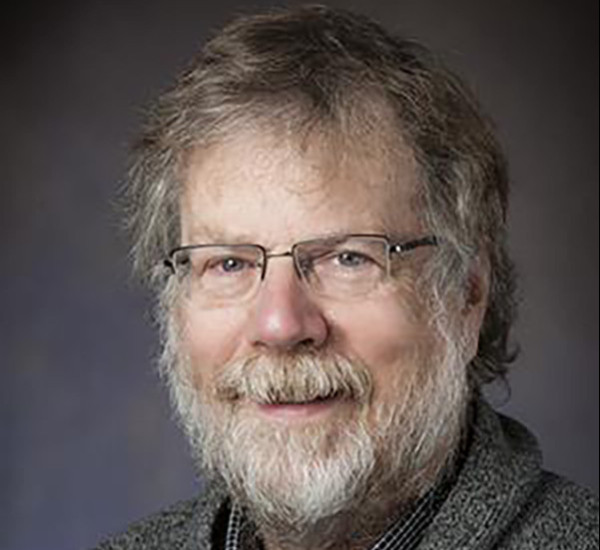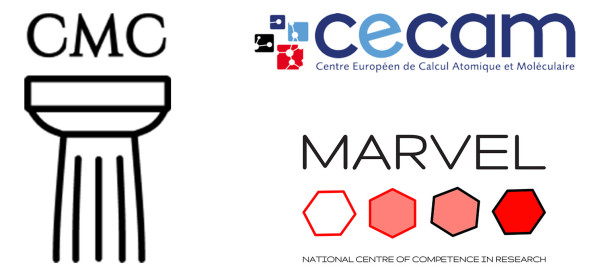CECAM-MARVEL Classics in molecular and materials modelling: David Ceperley
Zoom link: https://epfl.zoom.us/j/65771075010?pwd=VbaEaCQfwRQc6x8DDCS1QQ6HVp8zCV.1
In this series, methods that have become fundamental tools in computational physics and chemistry are presented by their originators at a level appropriate for master and graduate students. The lectures are followed by an interview: we ask our guests to recall for us the period, problems, people and circumstances that accompanied the creation of milestone methods and algorithms that we now routinely use.
Join us to share this exciting opportunity to learn first-hand from our pioneers and get to know better the genesis of work that is now recorded in books!
Program
Quantum Monte Carlo methods in the continuum
15:00 — Introduction
15:05 — Talk by David Ceperley (University of Illinois Urbana-Champaign)
16:05 — Break
16:15 — Interview and recollections
17:00 — End

Quantum Monte Carlo methods in the continuum
David Ceperley
University of Illinois Urbana-Champaign
Quantum Monte Carlo (QMC) methods, including variational Monte Carlo, and diffusion Monte Carlo are now in their seventh decade. We will briefly explain these methods and illustrate their use on several simple systems that have impacted condensed matter physics: the homogeneous electron gas and dense hydrogen. QMC methods are good at calculating microscopic properties such as the energy and optical properties when the many-body system can be modeled by a supercell of fewer than a few hundred electrons. But prediction of the phase diagram can require a larger system. In the past decade, machine learning has made remarkable progress in their ability to model intermolecular potentials. Once an accurate potential is found, It can be used to quickly survey the phase diagram. But training such potentials rely on copious accurate data. We discuss why QMC might play an important role in providing this data and illustrate with dense hydrogen. We find a surprising result for the stability of the solid hydrogen and how hydrogen transforms from a molecular hydrogen to atomic hydrogen.
About the speaker
David Ceperley received his BS in physics from the University of Michigan in 1971 and his Ph.D. in physics from Cornell University in 1976. After one year at the University of Paris and a second postdoc at Rutgers University, he worked as a staff scientist at both Lawrence Berkeley and Lawrence Livermore National Laboratories. In 1987, he joined the Department of Physics at Illinois. He was a staff scientist at the National Center for Supercomputing Applications from 1987 until 2012. Professor Ceperley's work can be broadly classified into technical contributions to quantum Monte Carlo methods and contributions to our physical or formal understanding of quantum many-body systems. His most important contribution is his calculation of the energy of the electron gas, providing basic input for most numerical calculations of electronic structure. He was one of the pioneers in the development and application of path integral Monte Carlo methods for quantum systems at finite temperature, such as superfluid helium and hydrogen under extreme conditions. Professor Ceperley is a Fellow of the American Physical Society and a member of the American Academy of Arts and Sciences. He was elected to the US National Academy of Sciences in 2006 and to the UIUC Center for Advanced Studies.

Previous CECAM and MARVEL lectures can be found at:
https://www.materialscloud.org/learn/sections/Btmngu/marvel-events
https://www.cecam.org/lectures
Low-volume newsletters, targeted to the scientific and industrial communities.
Subscribe to our newsletter